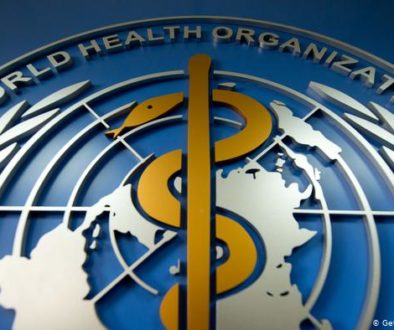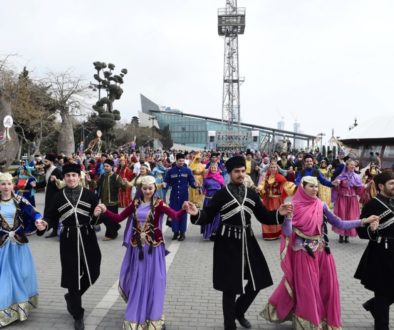Towards Sustainable Futures through Multilingual Education
On the occasion of this Day, I launch an appeal for the potential of multilingual education to be acknowledged everywhere, in education and administrative systems, in cultural expressions and the media, cyberspace and trade.
Irina Bokova, UNESCO Director-General
UNESCO celebrates International Mother Language Day (IMLD) on February 21, 2017 under the theme “Towards Sustainable Futures through Multilingual Education”. To foster sustainable development, learners must have access to education in their mother tongue and in other languages. It is through the mastery of the first language or mother tongue that the basic skills of reading, writing and numeracy are acquired. Local languages, especially minority and indigenous, transmit cultures, values and traditional knowledge, thus playing an important role in promoting sustainable futures.
What is multilingual education?
Multilingual education facilitates access to education while promoting equity for populations speaking minority and/or indigenous languages, especially girls and women:
It emphasizes the quality of teaching and learning with a focus on understanding and creativity;
It reinforces the cognitive aspect of learning by ensuring the direct application of learning outcomes to the learner’s life through the mother tongue
It enhances dialogue and interaction between learner and teacher by allowing genuine communication from the beginning.
It facilitates participation and action in society and gives access to new knowledge and cultural expressions, thus ensuring a harmonious interaction between the global and the local.









